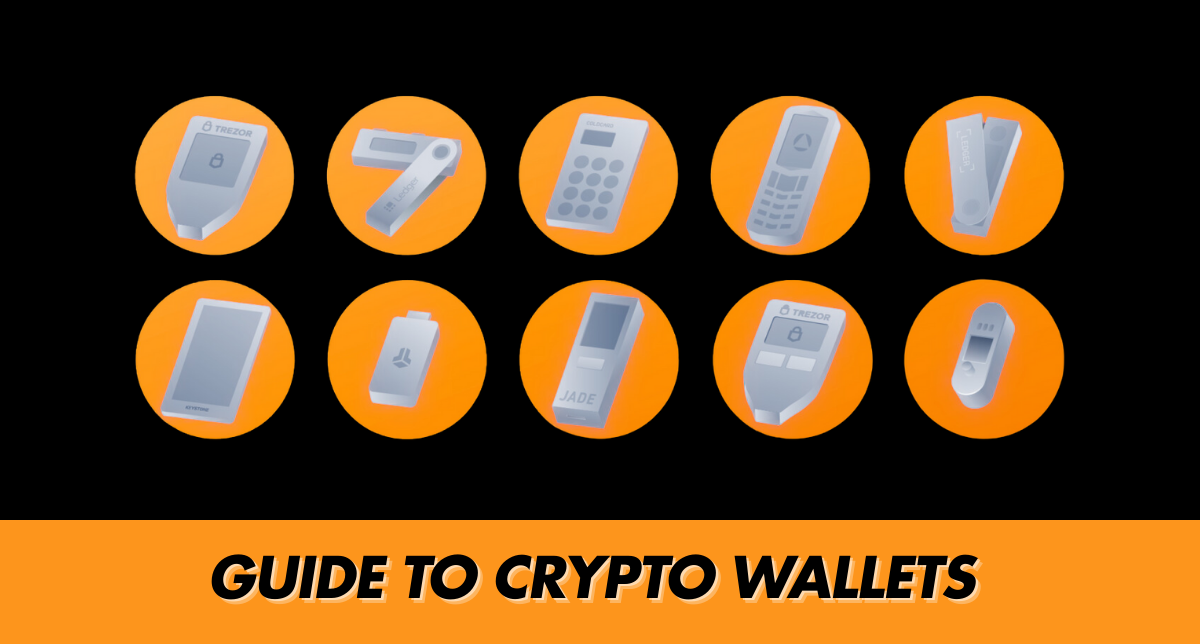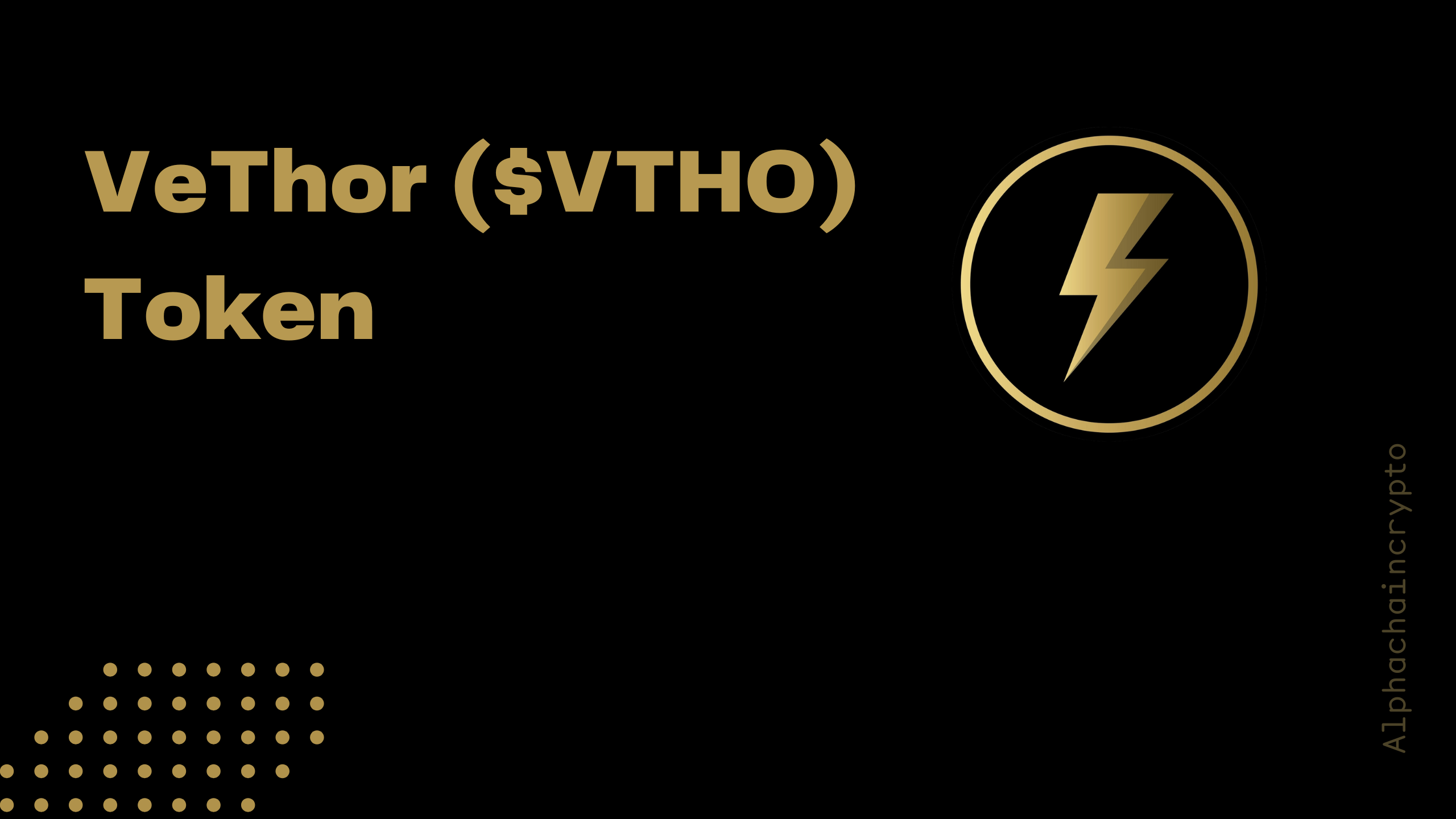As cryptocurrencies continue to grow in popularity, securing your digital assets has never been more important. The disasters of 2022, such as the collapse of FTX, Celsius, and BlockFi, showed the importance of self-custody. Hardware wallet providers like Trezor and Ledger saw a surge in sales as people scrambled to regain control over their crypto. If you’re searching for the safest way to store your digital wealth, you’ve landed in the right place. In this article, we’ll walk you through the best hardware wallets of 2024 to help you protect your assets.
Not Your Keys, Not Your Crypto
Imagine this: Your crypto portfolio is thriving. The Bitcoin (BTC) you bought years ago is edging closer to new highs. You’ve also stacked some Ethereum (ETH) for Web3, along with a collection of altcoins you plan to stash for the long term. Every so often, you log into your exchange account to check on things—only to find your funds gone, along with headlines about yet another exchange hack.
If your assets are stored on an exchange, you could lose everything overnight. As many learned from the FTX collapse, even the most reputable platforms can fail, leaving users unable to recover their funds. While most exchanges offer two-factor authentication and other security measures, they still control your private keys. That means if they get hacked, mismanaged, or shut down, you lose access to your money.
What is a Crypto Hardware Wallet?
A hardware wallet is a physical device that stores your private keys offline, protecting them from online threats like hackers or malware. Even if your computer is infected, transactions are processed and verified on the device itself, ensuring that your keys remain safe. Hardware wallets also come with backup and recovery options, so if the device is lost or damaged, you can still retrieve your funds with a recovery seed phrase.
Top 6 Best Hardware Wallets for Cold Storage Solutions
With several hardware wallets available, picking the right one can be tricky. Below, we’ve listed our top picks for 2024 based on security, supported coins, user experience, and price.
1. Trezor Safe 3 – Best Overall Hardware Wallet
Trezor has long been a trusted name in the crypto space, and their new Safe 3 wallet builds on that legacy. Manufactured by Satoshi Labs, Trezor’s products have been protecting crypto since 2013. The Safe 3 offers enhanced security with a new secure element, supports over 8,000 assets, and integrates smoothly with apps like Trezor Suite and Exodus.
- Price: $79
- Standout Feature: Open-source firmware with third-party audits.
- Compatibility: Works with Windows, macOS, Linux, and Android.
- Bonus: Integrates with Web3 wallets like MetaMask for seamless DeFi access.
Trezor also offers other models, including the Model T, which features a touch screen for improved usability. However, the Safe 3 strikes the perfect balance between cost and security, making it our top pick for 2024.
2. Cypherock – Best for Backup and Recovery
Cypherock redefines wallet security by eliminating traditional recovery phrases. Instead of writing down seed phrases on paper, Cypherock splits your private key across multiple secure cards using Shamir’s Secret Sharing. You can recover your funds as long as you have two out of four cards or one card and the device.
- Price: $159
- Notable Features: Recovery without a recovery phrase, secure multi-wallet management.
- Supported Coins: 8,000+ digital assets.
- Security: Audited by Keylabs, a team known for their work on Trezor and Ledger.
Cypherock’s Faraday-cage carrying case offers protection against electromagnetic interference, making it an ideal solution for long-term storage—even in the event of an EMP.
3. NGRAVE ZERO – Most Secure Cold Storage Wallet
NGRAVE takes hardware wallet security to new heights with the ZERO, the world’s first wallet certified with EAL7 security standards. Fully air-gapped and packed with biometric features, the ZERO keeps your private keys completely isolated from online threats.
- Price: $398
- Security Level: EAL7 (higher than Ledger’s EAL5).
- Design: Made from military-grade materials for durability.
- Key Innovation: Private keys are generated during setup, ensuring no pre-installed keys exist.
While it is pricier than other wallets, the ZERO offers state-of-the-art cryptography developed with help from Jean-Jacques Quisquater, one of the most influential cryptographers in Bitcoin history.
4. BC Vault – Best for Long-Term Storage
The BC Vault offers unique features, including seedless cold storage and Ferroelectric RAM (FeRAM), which can retain data for over 200 years. It’s a great choice for those seeking a multi-generational storage solution.
- Price: $138
- Unique Features: Can generate 2,000 unique wallets, each with its own pin and password.
- Security Challenge: The device ships with 1 Bitcoin pre-loaded—anyone who can hack it can keep the Bitcoin.
BC Vault offers native support for millions of assets, meaning you don’t need third-party software to manage most coins. This is a serious advantage over competitors like Ledger and Trezor.
5. Tangem Wallet – Most User-Friendly Option
If you’re new to crypto, the Tangem Wallet is one of the easiest and most convenient hardware wallets to use. The card-shaped device connects to your phone via NFC—just tap it to the device to approve transactions. No screens, no buttons—just simplicity.
- Price: $69 for a 3-card set
- Security: EAL6+ chip certified, resistant to dust, water, and extreme temperatures.
- Bonus: No need to rely on Tangem’s servers—transactions remain independent.
Tangem’s intuitive setup takes only three minutes, making it perfect for beginners. The wallet also supports recovery using traditional seed phrases if desired.
6. ELLIPAL Titan – Best for DApps and DeFi
The ELLIPAL Titan is a fully air-gapped wallet that only communicates via QR codes, offering excellent isolation from online threats. It’s an ideal solution for users who want secure access to DeFi platforms and DApps.
- Price: $169
- Supported Assets: 46 blockchains, 10,000+ tokens.
- Downside: No access to Xpub keys, limiting compatibility with certain apps.
Despite some limitations, the Titan’s seamless DApp integration makes it one of the best wallets for those active in the DeFi space.
Notable Exclusion: Why We Left Out Ledger
Though Ledger was once a top player in the hardware wallet industry, recent controversies have eroded trust in their products.
- Data Breach: A 2020 hack exposed customer data, leading to phishing attacks.
- Bluetooth Concerns: Bluetooth functionality on the Nano X introduced a potential attack vector.
- Recovery Service Controversy: Ledger announced a recovery service that upset users, as it conflicted with crypto’s core principle of self-custody.
These incidents show the importance of open-source firmware and transparent communication—qualities that have kept Trezor at the top of the list.
Final Thoughts: Keep Your Crypto Safe
When it comes to securing your digital assets, hardware wallets are essential. Whether you’re looking for an air-gapped device like the NGRAVE ZERO or a beginner-friendly option like the Tangem Wallet, there’s a solution for every need and budget. Just remember: always buy hardware wallets directly from the manufacturer to avoid tampered devices.
Most importantly, keep your wallet and seed phrases private—and don’t broadcast your holdings to the world. After all, the best security is discretion.
FAQs
- What is the safest hardware wallet?
- The NGRAVE ZERO offers the highest level of security with EAL7 certification.
- Can I use hardware wallets with DeFi apps?
- Yes, the ELLIPAL Titan and Trezor wallets integrate well with DeFi apps like MetaMask.
- Do hardware wallets support NFTs?
- Most hardware wallets, including Trezor and ELLIPAL, support NFTs on compatible blockchains.
- Is it necessary to back up my hardware wallet?
- Absolutely! Always store your recovery seed phrase in a safe place.
- Can I recover my crypto if my hardware wallet breaks?
- Yes, as long as you have the recovery phrase, you can restore your funds on a new device.

A.k.a – alpha girl. Vinita is the founder of Alphachaincrypto. An English Lit Majors, Vinita bumped into Web3 in 2020 only to realise that tech was her calling. Later, Mathreja worked for some notable brands like Near Education, Biconomy, CoinDCX and top of the line crypto start ups.





